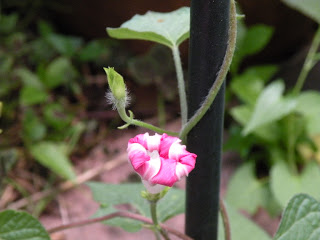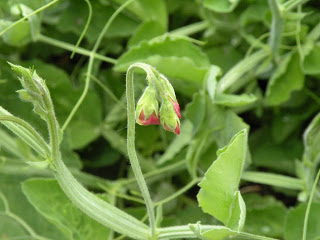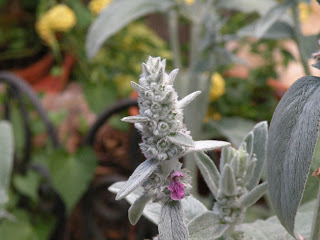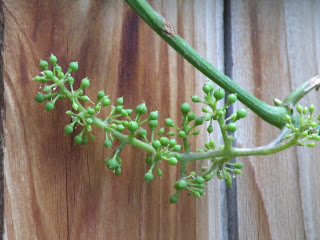
Poetry editor and poet Patricia Donegan presents a haiku anthology that celebrates and attempts to explain the ancient Japanese poetic form and “haiku mind.” Haiku mind is defined as being present, mindful and aware, something I believe is necessary to write all kinds of poetry. 108 haiku’s are listed by themes including adversity, sorrow, children’s innocence, dreams, war experience, sacred food chain, letting go and greed. With simple language but her obvious expertise in this subject, Donegan leads the reader through each poem with in depth analysis, spiritual reflections, history, and story of some of her favorite haiku’s from ancient haiku master poets to contemporary Japanese, American and Canadian poets. Donegan reminds readers that “as is taught in Tantric Buddhism” the haiku poet should “lean into the painful points as a way to acknowledge and transmute it.” Donegan invites the reader to experience the varying styles of haiku including free verse haiku, haibun, renga, renku and Jack Kerouac’s style of haiku “American sentences.” This book reminds all writers to express “simple moments in a profound way” and asks readers to slow down to notice the simple things that life offers. Written for beginning or experienced poets or anyone who enjoys this poetic form this book gives insight into the haiku writing process that made me appreciate haiku as I never have before.An excerpt from the book under the theme of “Fearlessness” by Buson Yosa (1716-1784) considered to be “one of the three greatest male haiku and renga poets”
the piercing cold-in our bedroom steppingon my dead wife’s comb
Today, consider writing some haiku. Why not slow down and become more aware of the simplicity and beauty that surrounds us. You may be surprised by what you write. Now get back to your meditation.Lovingly,The Writing Nag







Ms. Nag, what is your poetry bog? Do I know it?